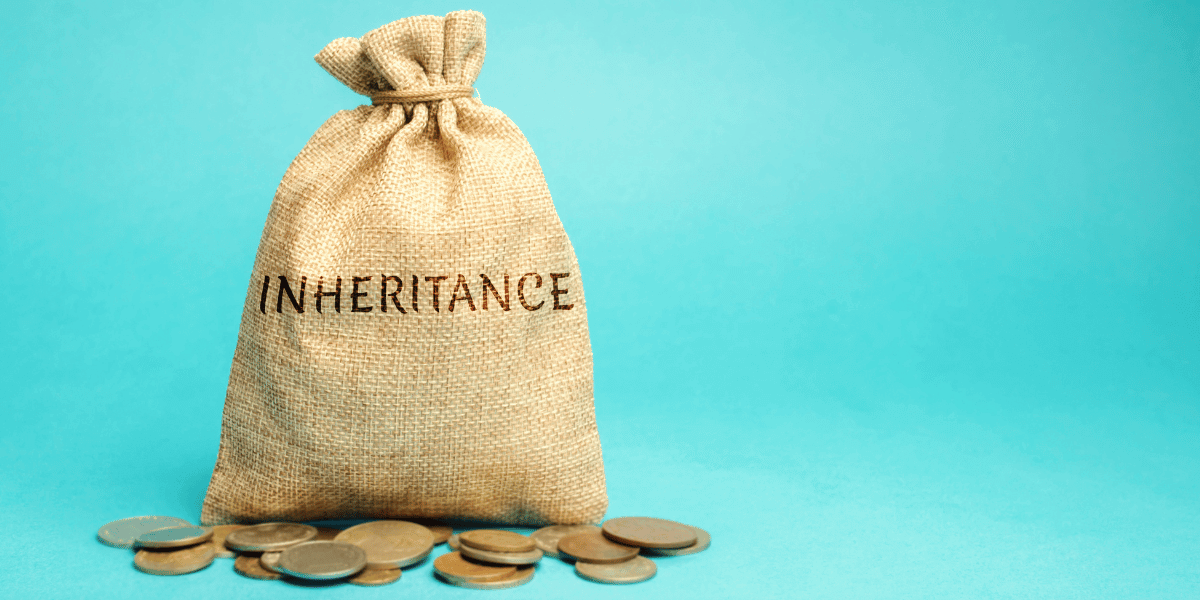
How to minimise the inheritance tax on your property
Passing down your home to loved ones? Inheritance tax can take a huge chunk out of what you leave behind.
It’s a bitter pill to swallow knowing that you’ve spent your life paying for your home, only for it to be struck by a substantial inheritance tax bill when passing it down to your loved ones.
But don’t stress! With smart planning, you can minimise the tax your beneficiaries pay on your property when you're gone. Here are some of the main ways to reduce the inheritance tax bill on your home.
Gift your home away
One of the most effective ways to minimise inheritance on your home is to gift it to your heirs while you're still alive and kicking. As long as you survive seven years after gifting the property, it will be exempt from inheritance tax under the ‘7-year rule’.
This keeps the increased value of your home from being included in your estate when you pass. You could even continue living there by paying fair market rent to the new owners.
But be careful: if you give the house to your kids but keep enjoying it rent-free, that could be seen as a "gift with strings attached". It may mean the whole property gets treated as still yours for inheritance tax purposes and whacked with 40% tax after you die, even though you don't actually own it anymore.
It might feel daft paying rent to your kids to live in what is effectively your home, but it’ll be worth it when it comes down to it!
Gift a share of your home
You don't have to gift your entire property to reduce inheritance tax. Giving away a portion of your home can also be effective.
For example, you could gift a 25% share of your house to help a grandchild get on the property ladder. As long as you live seven years after gifting their 25% stake, that portion of the home's value would be exempt from inheritance tax under the 7-year rule.
The grandchild could also benefit from receiving income from their share if the property is rented out. Just be mindful of how much you gift and how it may impact control over selling the home in the future.
Leave your home to your spouse
Any assets left to your husband, wife, or civil partner are inheritance tax-free in the UK. So, putting your home entirely in your spouse's name, either now or through your will, gets around inheritance tax as long as your partner outlives you.
Just make sure your will also says what should happen with the property when your spouse dies. At that point, the home could face inheritance tax if its value is higher than your partner's personal tax-free allowance.
Use the residence nil-rate band
If you leave your home to direct descendants like children or grandchildren, the value of the property gets an extra inheritance tax exemption under the residence nil-rate band rules. What does nil-rate mean? Essentially, it’s the amount up to which an estate has no IHT to pay. This allows a further £175,000 of your home's value per person to be tax-free.
Combined with the standard £325,000 tax-free allowance, married couples can now pass on up to £1 million free of inheritance tax. Just make sure you comply with the qualification conditions to use this allowance.
Put your home into a trust
Placing your property into an appropriate trust can reduce inheritance tax exposure. This could be done during your lifetime or through your will after death.
Types like discretionary trusts or interest in possession trusts allow you to gift the property outside your estate after seven years. You still benefit from the asset, but it transfers outside of inheritance tax scope.
Get professional valuation advice
Using permissible expenses and valuation discounts, a property pro can legally minimise the taxable value of your home. This factors in needed repairs, valuation difficulties, fractional ownership interests and other ways to reduce inheritance tax without shady avoidance schemes.
Take out life insurance
Life insurance can provide liquidity for beneficiaries to pay inheritance tax bills without selling the property. Term insurance with guaranteed premiums that cover just the potential inheritance liability on your home is an affordable way to meet tax costs.
Do you pay capital gains tax on inherited property?
In most cases, capital gains tax is not owed when selling an inherited property. This is because the property is revalued at the market price on the date of the previous owner's death.
So, if beneficiaries inherit a house and later sell for a higher price, they typically pay no capital gains tax on the sale. The gain accrues after the property's value was reset upon inheritance.
However, some exceptions may alter the capital gains tax position, like the previous owner living abroad or gifting the property within seven years of death. It's best to confirm with a tax pro.
Bottom line: with the proper planning, you can pass down your beloved home in full or with minimal inheritance tax bites taken out. But get qualified legal and tax advice to double check your strategy follows current rules. That gives you peace of mind that your legacy will stay intact.


